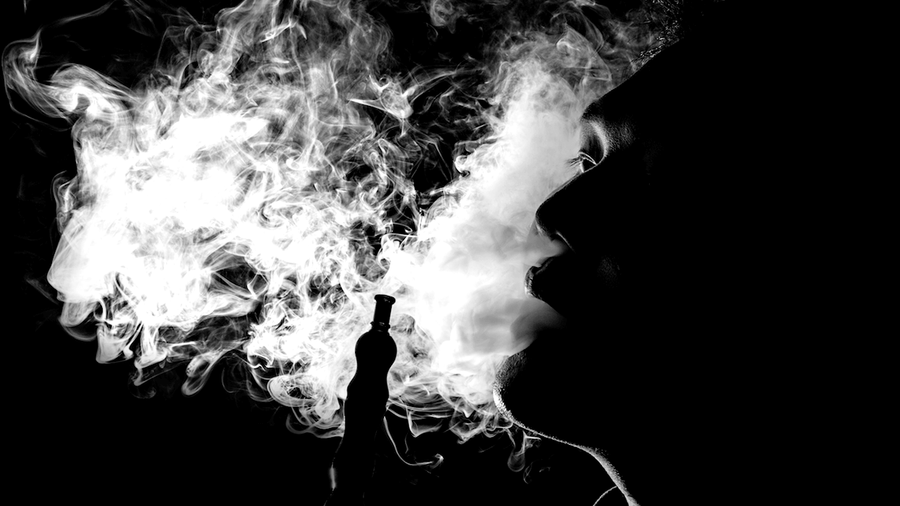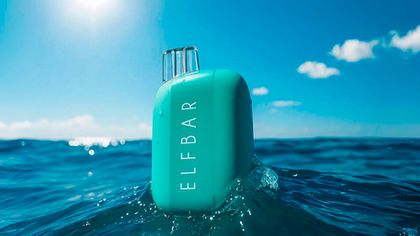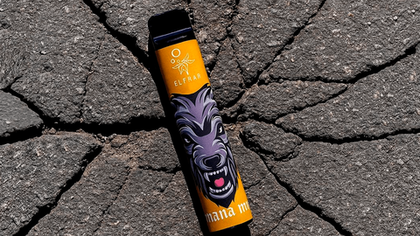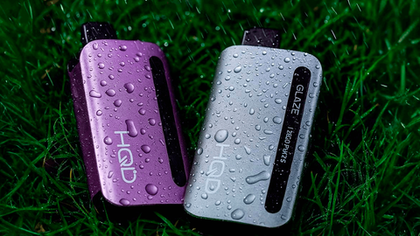A hookah has long ceased to be an exotic item — today it is a popular attribute of leisure, especially among young people. Many believe that thanks to the hookah base, which filters smoke through water, smoking a hookah is much safer than cigarettes. However, medical research and expert opinions debunk this myth: the harm from a hookah is comparable to, and sometimes even exceeds, the harm from traditional smoking.
Myths and Reality
Myth 1: Water purifies smoke from harmful substances
In reality, water cannot completely filter out carcinogens, tar, and heavy metals. Studies show that during one hour of hookah smoking, a person inhales 100–200 times more smoke than when smoking a single cigarette. The smoke contains carbon monoxide, nicotine, benzo[a]pyrene, and other toxins that are not retained by water.
Myth 2: Hookah does not cause addiction
Hookah tobacco contains nicotine, which creates addiction. In one session, a smoker receives a dose of nicotine comparable to several cigarettes. Regular smoking leads to nicotine dependence similar to that caused by cigarettes.
Myth 3: Hookah is safer than cigarettes
Although hookah smoke contains less tar than cigarette smoke, it contains more carbon monoxide and other toxins. Prolonged smoking (from 30 minutes to an hour) increases the volume of smoke inhaled, causing serious harm to the lungs and cardiovascular system.
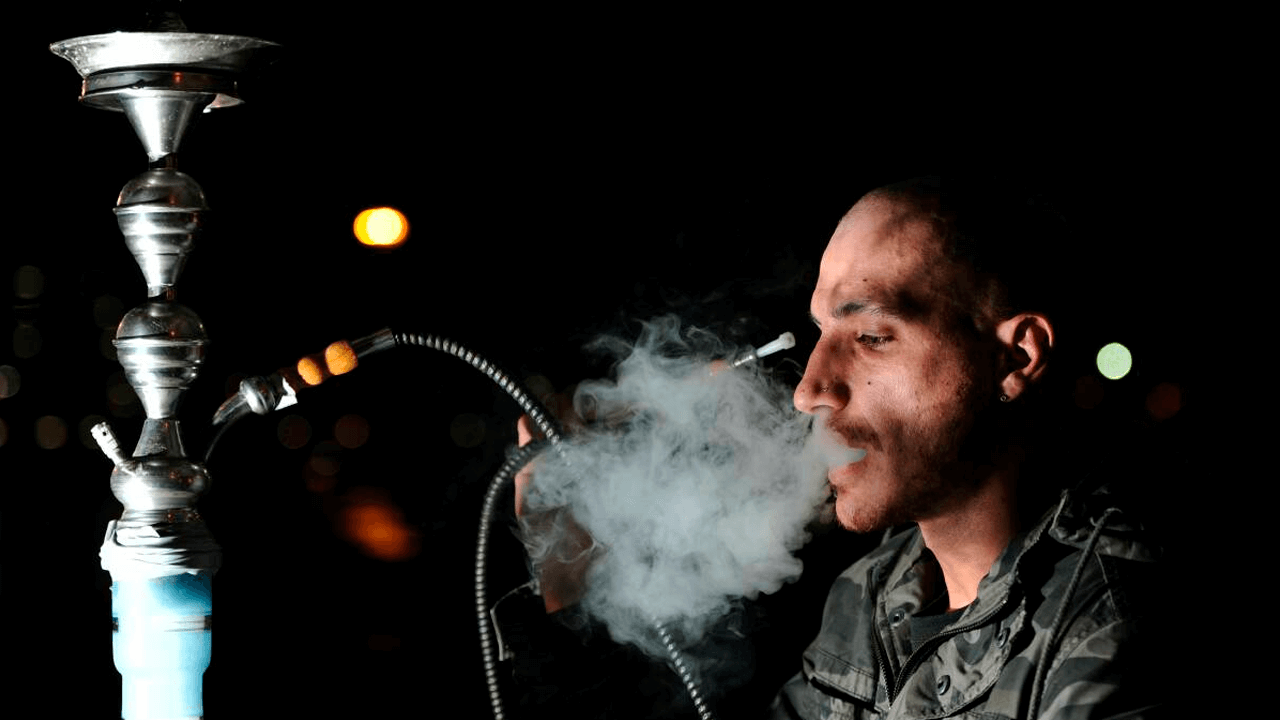
What are the dangers of hookah?
1. Harm to lungs and heart
- Carbon monoxide causes oxygen deprivation, dizziness, and increases the load on the heart.
- Heavy metals and carcinogens (benzo[a]pyrene, nitrosamines) increase the risk of lung cancer and other oncological diseases.
- Chronic diseases: bronchitis, emphysema, impaired lung function.
2. Risk of infections
Smoking hookah in a group increases the likelihood of transmitting viral and bacterial infections (herpes, hepatitis B, tuberculosis) through a shared mouthpiece.
3. Passive smoking
Even non-smokers inhale harmful substances when in a smoky room. This is especially dangerous for children, pregnant women, and people with chronic diseases.
How to reduce the harm from hookah?
If you are not ready to completely give up hookah, follow these recommendations:
- Smoke less often: no more than 1–2 times a month.
- Reduce session time: no more than 30–40 minutes.
- Use disposable mouthpieces for hygiene.
- Choose quality tobacco and charcoal without harmful additives.
- Ventilate the room and avoid smoking in enclosed spaces.
Alternatives to hookah

- Tobacco-free mixtures: based on fruits, herbs, or smoking stones. They do not contain nicotine but are still not completely safe.
- Inhalations with essential oils: for relaxation without harm to health.
- Other types of leisure: tea parties, board games, nature walks.
A hookah is not a safe alternative to cigarettes. Regular smoking causes serious harm to health, comparable to traditional smoking. If you care about your health, it is better to give up this habit or minimize it.

